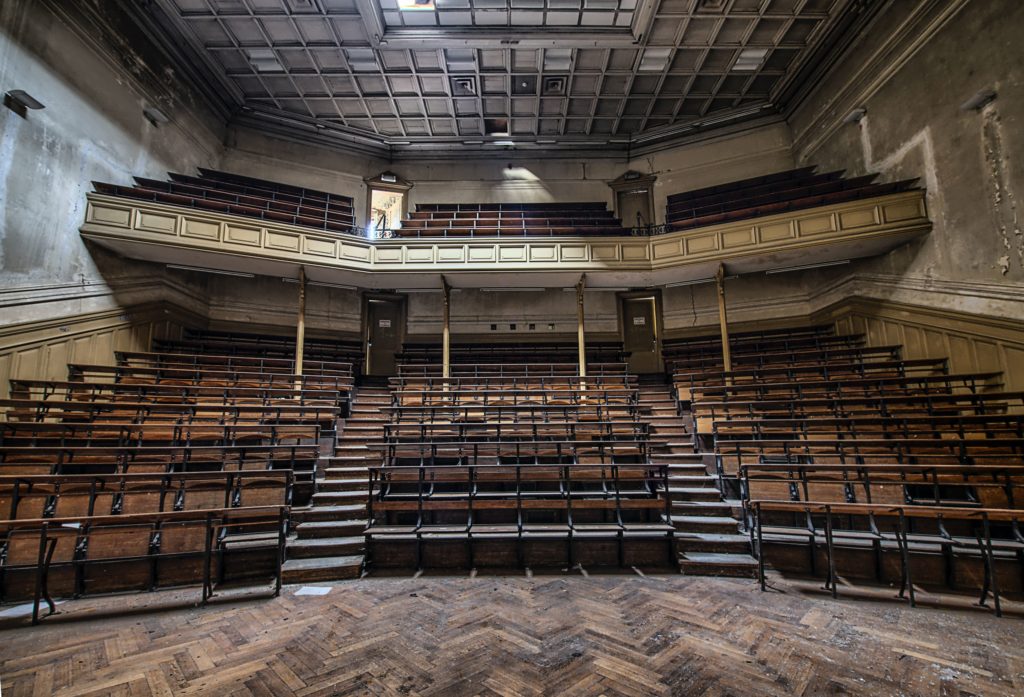Universities in Belgium typically have sizable international student populations. Some of them can be university exchange students participating in initiatives like Erasmus. Others might be pursuing a different degree on their own in the meantime. The majority of bachelor-level courses are taught in either Dutch or French in Belgian universities. However, many courses, especially those at the master’s level and higher are delivered exclusively in English. Additionally, institutions frequently provide low-cost (or free) courses in French or Dutch. Belgium has a sizable university system. Both undergraduate and graduate international courses are taken by a sizable number of foreign students.

Katholieke university
The oldest Catholic institution still in operation is Katholieke Universiteit (KU) Leuven, which is close to Brussels and was founded in 1425. Additionally, it is Belgium’s largest university. With more than 55,000 students, including roughly 16% from outside Belgium, it serves 11 Belgian cities and is still a significant hub of scientific research and higher education.
University of Libre de Bruxelles
The number of international students attending the Université Libre de Bruxelles (ULB) is among the highest in Belgium. In actuality, it makes up one-third of the student body. It was established in 1834 and has some university hospitals. Additionally, it oversees research-focused zones and assists in the education of four Nobel Prize recipients. For his role in theorizing the Higgs particle, François Englert received the award most recently. Jules Bordet for medicine in 1919, Albert Claude for medicine in 1974, and Ilya Prigogine for chemistry in 1977 are some of the other winners. A founding member of the International Forum of Public Universities, the university (IFPU). It collaborates with several universities, including Oxford, Berkeley, and Paris IV.
The Catholic university of Louvain (UCL)
Around 1970, the Université Catholique de Louvain (UCL), which was formerly a component of KU Leuven, relocated to the French-speaking region of Brussels. This resulted from modifications made to the educational system. It blends the conventional with the contemporary, luring some of the brightest lecturers, researchers, and students from Belgium and elsewhere beyond almost an eighth of the student population originating from abroad.
Liège
The public university of the Walloon Brussels Community was established in 1817 and is called the University of Liège. The Wallonia-Europe University Academy also includes it. Nine faculties total about 20,000 students, with about 20% of them being foreigners. It places a strong emphasis on promoting mobility, and its methods have gained EU accreditation. Salman Rushdie, Yasser Arafat, Shimon Peres, and Nelson Mandela have all been awarded honorary degrees.
Antwerp
The history of the Universiteit Antwerpen (UA) is rooted in business and is the result of three institutions coming together. It provides many postgraduate courses in English across nine faculties, with about 13% of its more than 20,000 students hailing from abroad. Antwerp Management School (AMS), Antwerp University Hospital (UZA), and other institutions are closely connected to UA.
Ghent
In 1930, the University of Ghent, sometimes known as UGent, became Belgium’s first university to speak Dutch. The institution today has a student body and staff of about 50,000. This includes a sizable number of visitors from abroad drawn by the university’s programs in science and engineering. Throughout the university’s history, several Nobel Prize winners have graduated from its advanced degree programs, many of which are offered in English.
Equivalent degrees from other countries
Any diploma received in a foreign country requires an equivalent, regardless of the school. Students can request it from the equivalent services in Belgium. Depending on your academic background and diploma, the Wallonia-Brussels Federation’s department for equivalency will advise you on how to continue. The Belgian FPS Foreign Affairs Ministry is one more source. The NARIC, as well as the Flemish National Academic Recognition and Information Center (in Flanders).

